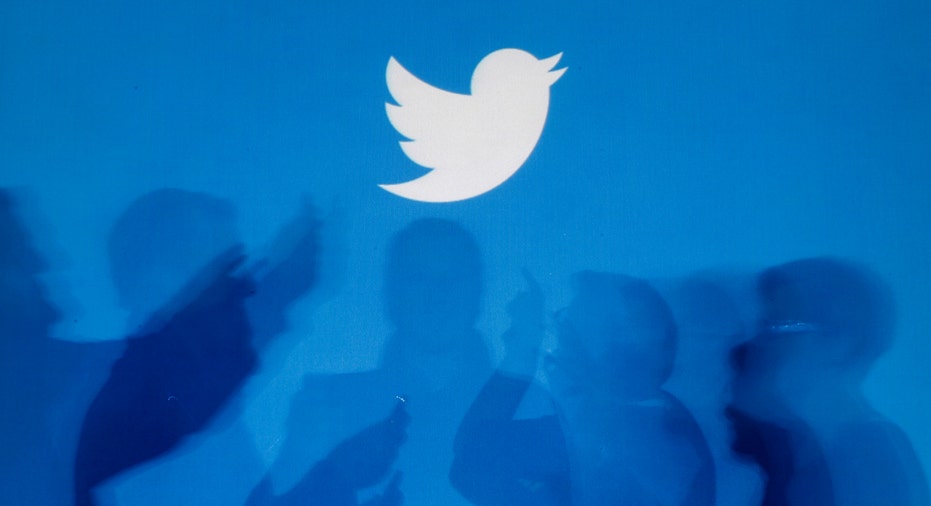Why Nobody Is Going to Buy Twitter

Shares of Twitter are trading near all time lows and not much has happened since the much-talked-about return of Jack Dorsey to run the company he co-founded, so you know what that means. That’s right, it’s time for the tech media to play the fun new game, “Who Wants to Buy Twitter?”
In addition to re/code’s “Deja New: Talk of Twitter as Takeover Target Is Back Again,” Fortune got in on the action, asking the $15 billion question, “So Who Is Going to Buy Twitter?” And the Wall Street Journal took a stab at explaining “Why Twitter’s Battered Stock Could Make It a Takeover Target.”
Besides digging around for likely, unlikely and downright ludicrous suitors, the most exciting part of the game is to come up with ever more creative reasons why owning the troubled social media company would be a swell idea.
Except it’s not a swell idea. Not even a little.
Don’t get me wrong. Taking the company private or bringing it into the fold of a giant like Google, Facebook or Verizon would allow Twitter to continue its social media experiment and maybe figure out how to grow its stagnant user base without all the public scrutiny. It would also give shareholders something to tweet about.
But that’s where the goodness ends.
For one thing, the board just brought Dorsey back to run the show a few months ago. He’s hardly had enough time to do anything but shave his beard, take his other company Square public, begin to integrate live video streaming app Periscope, which the company bought last year, and make the case for >140 character tweets.
I may not be a fan of agonizingly long, drawn out, multiyear turnaround attempts by the likes of Sprint, HP and Yahoo, but I’m sure we can all agree that Dorsey deserves a little more than two or three months to make something good happen. I seriously doubt if the board sees it differently.
Besides, there are three very good reasons why it would be a huge mistake for any company to even think about buying Twitter today.
Reason 1: It’s expensive
Even at less than a third of its peak market cap of about $40 billion, the San Francisco-based company is still incredibly expensive. Adding a modest 25% premium to its currently depressed valuation means a suitor would have to cough up at least $15 billion.
Few companies are big enough to pull that off and fewer CEOs would even think about trying to sell it to their board and their shareholders for the remaining two reasons.
Reason 2: It’s broken
Twitter was once hot, now it’s not. For those unfamiliar with the news app’s chronic user engagement and retention issues that have all but flattened its growth curve like a pancake, it’s common knowledge that, beyond a core group of diehard Twitterati, the rest of us find it hard to use and of questionable benefit.
Even the management team has never been able to figure out how to position the company to mainstream users. We all watched former chief executive Dick Costolo try one pitch and creative metric after another for years and years. Nothing stuck … except the company’s growth.
It must be written somewhere: don’t buy a broken product unless you know how to fix it ... and of course, the price is right. If anyone’s going to be able to fix Twitter, it’ll be those who created it and are motivated to deliver on its promise as a standalone company. That’s presumably the logic behind the choice of Dorsey as CEO.
Reason 3: It’s chaotic
Executive churn was a way of life under the mercurial Costolo, and Dorsey has just begun to put his thumbprint on the organization with three top executives reportedly on their way out. The company’s first major new product, Moments, is a step in the right direction but has yet to achieve any real momentum. The company is going to have to continue experimenting and start taking big risks to figure out what works.
Meanwhile, Twitter is still trying to come up with an ad strategy that works for marketers. It’s about to turn 10 years old but has yet to turn a profit. The company is on track to break $2 billion in sales for 2015, but will likely post a loss of at least $500 million in the process. That’s a lot of red ink for any company to digest.
Maybe it’s fun for the media to speculate on who in their right mind would even consider buying an expensive, broken and chaotic social media site that just might turn out to be the next MySpace, but at this point, I think it would be a huge mistake to go there.



















